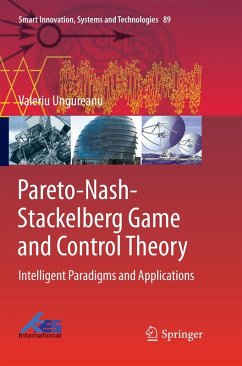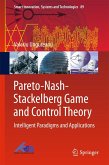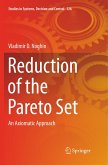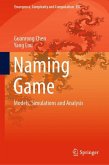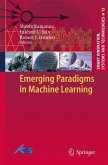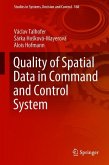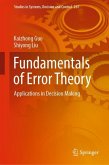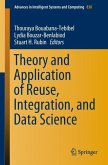This book presents a comprehensive new, multi-objective and integrative view on traditional game and control theories. Consisting of 15 chapters, it is divided into three parts covering noncooperative games; mixtures of simultaneous and sequential multi-objective games; and multi-agent control of Pareto-Nash-Stackelberg-type games respectively. Can multicriteria optimization, game theory and optimal control be integrated into a unique theory? Are there mathematical models and solution concepts that could constitute the basis of a new paradigm? Is there a common approach and method to solve emerging problems? The book addresses these and other related questions and problems to create the foundation for the Pareto-Nash-Stackelberg Game and Control Theory. It considers a series of simultaneous/Nash and sequential/Stackelberg games, single-criterion and multicriteria/Pareto games, combining Nash and Stackelberg game concepts and Pareto optimization, as well as a range of notions relatedto system control. In addition, it considers the problems of finding and representing the entire set of solutions. Intended for researches, professors, specialists, and students in the areas of game theory, operational research, applied mathematics, economics, computer science and engineering, it also serves as a textbook for various courses in these fields.
"The monograph adapts optimal control theory into game theory, and mainly finds the equilibrium of games for various simple and special cases. Finding explicit solutions and providing algorithms are the highlight of the monograph to distinguish other textbooks and monographs in game theory." (Weiping Li, zbMATH 1460.91009, 2021)

